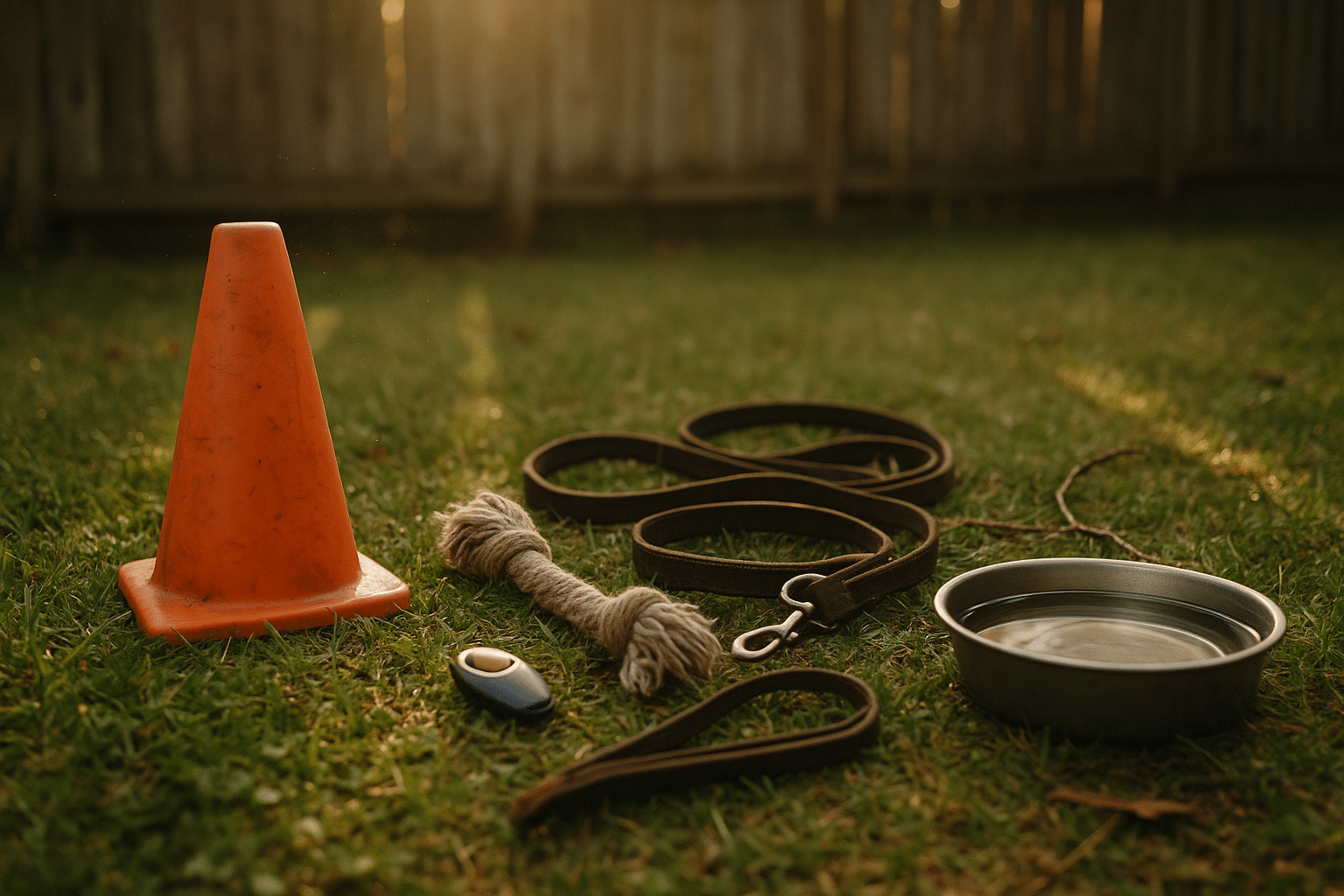
After a Car Accident? Know Your Rights and Options
Understanding Your Immediate Responsibilities
Being involved in a car accident is a jarring experience, often leaving individuals confused about their next steps. The moments following the incident are crucial for ensuring your safety and protecting your legal rights. Immediately after a collision, your first responsibility is to check for any injuries. Your health and that of any passengers should be your top priority. Call emergency services if anyone is injured, as timely medical intervention can be critical.
Once safety is ensured, it’s important to move vehicles out of traffic if possible, to prevent further accidents. If the vehicles cannot be moved, turn on hazard lights to alert other drivers. Documenting the scene is also vital. Use your phone to take photos of the vehicles, any visible injuries, and the surrounding area. These images can serve as valuable evidence should disputes arise later.
Finally, exchange information with the other driver. This includes names, contact details, and insurance information. Remember to remain calm and avoid admitting fault, as this can be used against you later. Understanding these immediate responsibilities ensures you lay the groundwork for any subsequent legal or insurance claims.
Legal Rights and Protections
After a car accident, it’s essential to be aware of your legal rights. These rights can vary depending on your location, but generally, you are entitled to compensation for damages and injuries caused by the accident. This compensation can cover medical bills, vehicle repairs, and even lost wages if you’re unable to work.
It’s crucial to report the accident to your insurance company promptly. Many policies have specific timeframes within which you must report an incident to be eligible for coverage. Additionally, you have the right to consult with an attorney. Legal professionals can provide guidance on how to proceed, especially if there are disputes over fault or if you’re pursuing compensation for significant injuries or damages.
Understanding your legal protections can empower you to make informed decisions following an accident. Being aware of your rights ensures you are not taken advantage of during a stressful time and that you receive the support you need to recover both physically and financially.
Insurance Claims and Processes
Navigating the insurance claim process can be daunting, but understanding it can help you receive the compensation you’re entitled to. After ensuring safety and gathering necessary information at the accident scene, contact your insurance provider to initiate a claim. Provide them with detailed accounts of the incident, supported by the photos and documents you collected.
Insurance adjusters will evaluate the damages to your vehicle and any injuries sustained. They will also determine fault, which can impact the amount of compensation you’re eligible to receive. Understanding your policy is crucial, as it outlines the coverage limits and any deductibles you must pay before receiving compensation.
In some cases, the insurance company of the other driver may contact you. It’s important to be cautious in these interactions and refrain from making statements that could be construed as admitting fault. If you’re unsure how to proceed, consulting with a legal professional can provide clarity and ensure your rights are protected during the claims process.
Dealing with Medical and Repair Costs
One of the most immediate concerns following a car accident is the cost of medical treatment and vehicle repairs. Even minor accidents can result in significant expenses. If you’re injured, seek medical attention promptly. Not only is this important for your health, but medical records also serve as critical evidence in any compensation claims.
Your insurance policy may cover some or all of your medical expenses, depending on the coverage you have. It’s important to keep detailed records of all medical visits, treatments, and associated costs. This documentation will be necessary when filing an insurance claim or if legal action becomes necessary.
For vehicle repairs, obtain multiple quotes from reputable repair shops. This ensures you receive a fair assessment of the damage and the cost to repair it. Your insurance company may have preferred repair shops, but you have the right to choose where your vehicle is repaired. Understanding your coverage and rights regarding repair costs can alleviate some of the financial burdens associated with accidents.
Emotional and Psychological Recovery
While the physical and financial impacts of a car accident are often the primary focus, the emotional and psychological effects can be equally significant. Accidents can be traumatic, leading to anxiety, stress, and even post-traumatic stress disorder (PTSD). Acknowledging these feelings is an important step in recovery.
Seeking support from mental health professionals can be beneficial. Therapy or counseling can provide coping strategies and help process the trauma of the accident. Support groups, either in person or online, can also offer a sense of community and understanding as you navigate your recovery.
It’s important to remember that recovery is a process, and taking care of your mental health is as crucial as addressing physical injuries. By prioritizing emotional well-being, you can work towards a comprehensive recovery that encompasses all aspects of your health and life.


